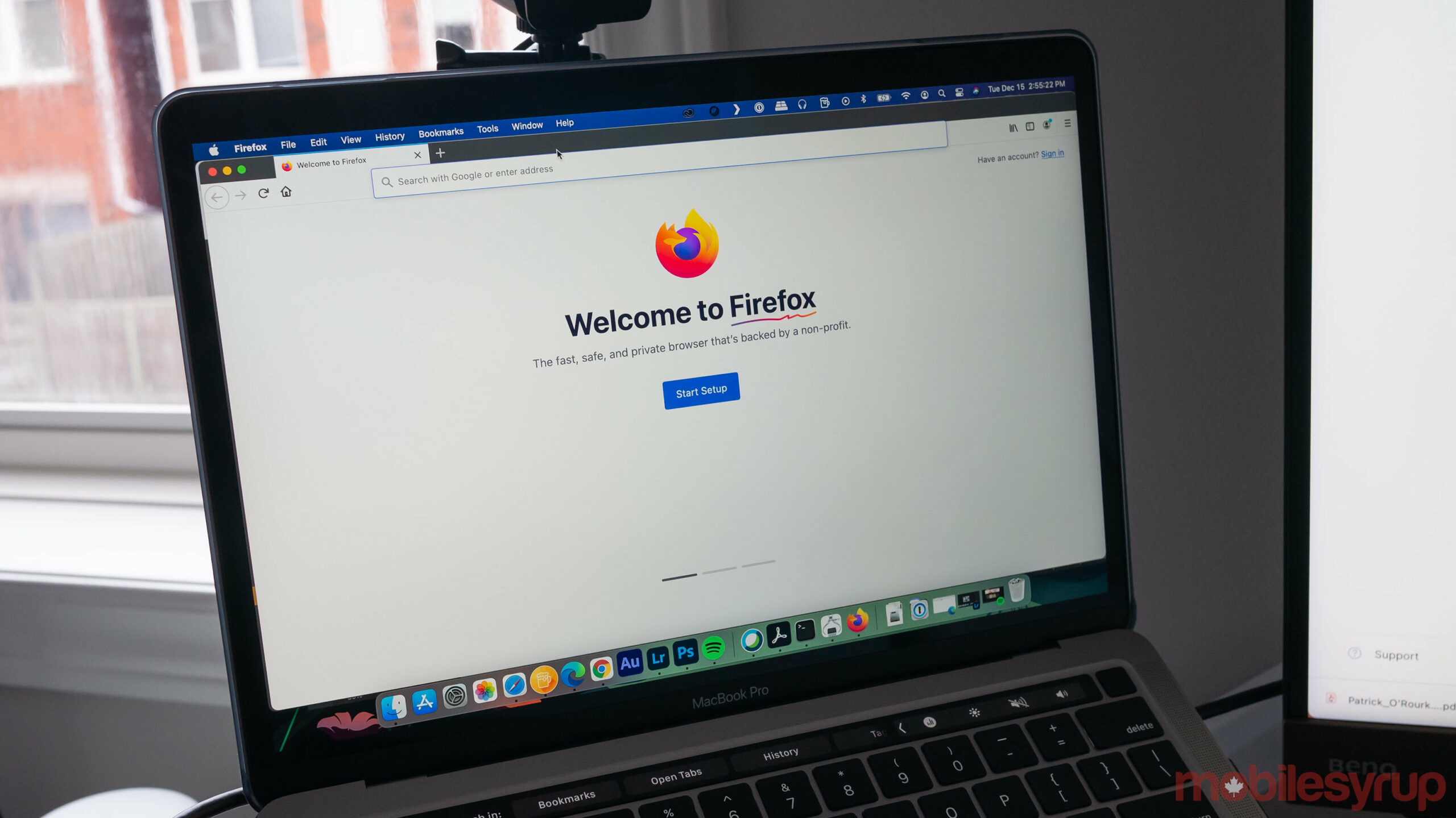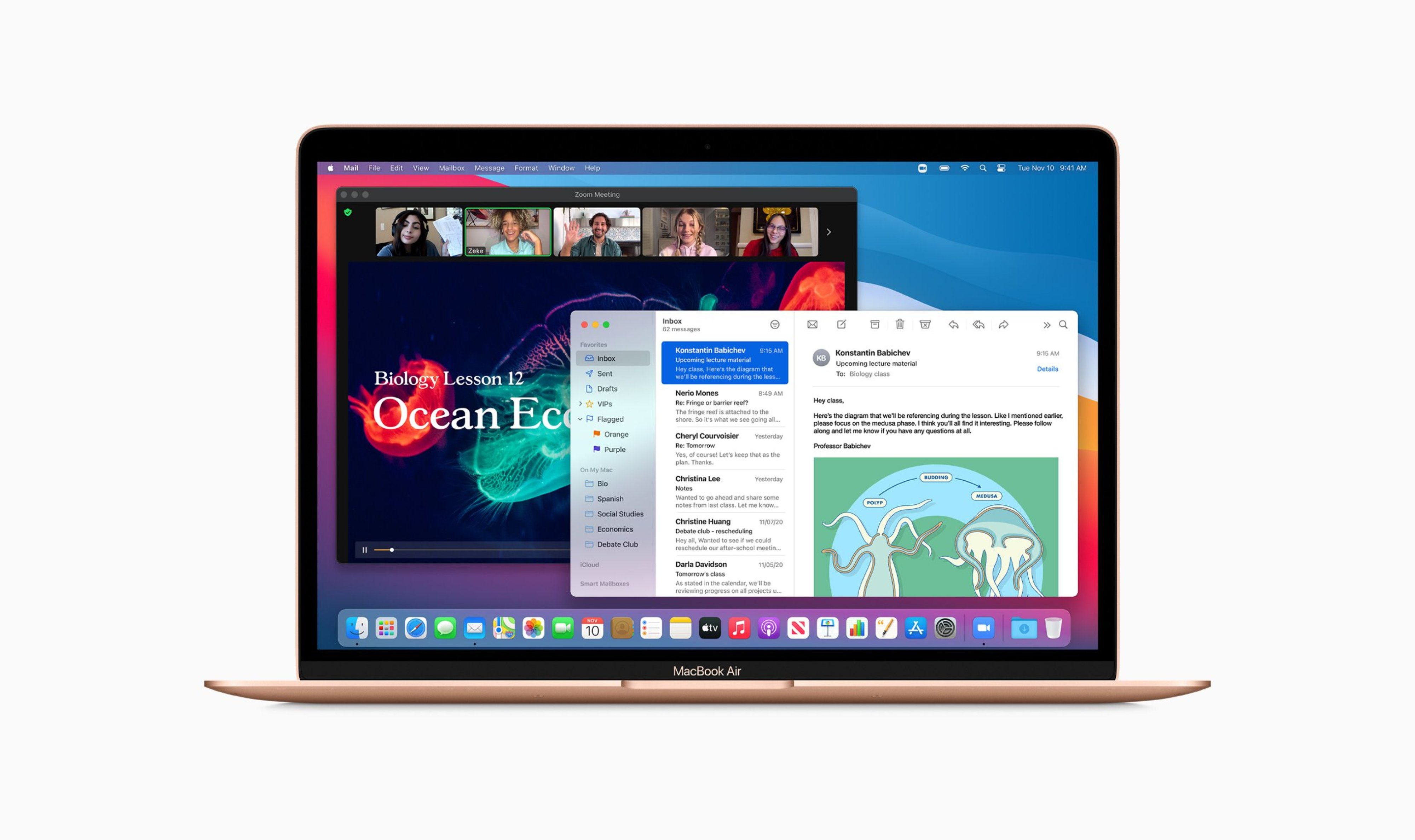
M1 MacBook Air Running Visual Studio and Xamarin for Mac Running Puppeteer test with NodeJS in Apple MacBook Pro with M1 Chip Apple M1 - Running 64-bit Applications on Windows 10 ARM OS using Windows Emulation. Running a React Native app on Android Emulator in M1 Mac Install Android Studio Preview (Canary build). Android Emulator for M1 is not available on stable releases yet. Setup M1 Android Emulator. Go to Tools → AVD Manager, then click +Create Virtual Device. Pick a device definition.

Android Studio For M1 Mac
I am currently developing a mobile web application and I don't have a test device yet so I'm using the android-emulator to check the site. On my mac, I have installed the stand-alone Android SDK. Every time I want to use the AVD Manager, I have to execute the following on my terminal:
This command (being executed on the installed android sdk path) will open the Android Device Monitor and from here, I go to its menu bar and select Window Virtual Device Manager just to open the AVD Manager. So, is there a shortcut for that? I mean, i want to directly open the AVD manager via cli.
3 answers
- answered 2013-10-08 03:17
In order to open the avd manager on terminal, execute the following:
- answered 2014-02-01 20:46
I was able to open it from terminal with:
You may need to navigate to your SDK tools/ first. Here is reference I used:AVD Manager
- answered 2014-08-21 09:51
this is just a small addon to previous solutions presented. What is probably handy to do is to just jam this as a alias into your bash_profile like so:
Open your bash_profile:
nano ~/.bash_profile
Add this:
alias avd='cd /path-to-sdk/tools; ./android avd'
Source it again:
source ~/.bash_profile
In the CLI type:
avd
Now you can open up the AVD by just using avd in the command line. The only thing i haven't figured out how to make it stay alive after closing the terminal. Maybe somebody has tips on that.
See also questions close to this topic
- Should I use Zsh or the Bourne-again shell on macOS?
While Zsh is more modern, most tutorials and most users seem to use Bash. So which should I use?
- How to fix the line size for my SQL query output in the command line?
Can anyone please sort out the issue I am having with the output format of my SQL command line below? I tried setting the line size to 200 but it did not work. Would appreciate a quick fix.
- Mixing and overlaying audio into a 4x4 video with -ffmpeg-
Thanks to @llogan in reply to my post here, I've been able to merge 16 different videos into a 4x4 .mp4 movie.
Unfortunately, I'm also looking to add in the audio from those 16 clips as well as overlay them. With the code as it is, it takes the audio from the first clip declared in the call.
I tried:
whilst incorporating that third-last line as an attempt to merge audio inputs, but it produces:
Using other options in place of that call, such as:
produces:
I've scoured several SO pages on this - many with solutions to slightly different questions from @llogan, @Gyan and other experts - but, unfortunately, none has worked.
No doubt the solution is very obvious, but not to me! Can anybody please assist? I'd be grateful to you if you could.
- Terminal (zsh) Parse Error Near 'n' (macOS 10.15.7)
Below is my code with the goal of sending out an email at a certain time (I have a .plist that seems okay as a LaunchDaemon):
It works when I run it in the IDE, but when I run it in terminal, it says I have a parse error near the n.
Thanks in advance!
- How can I fix the 'Expo-cli install error'?
This is what I am currently receiving when I try to instill.
I did atttempt
but only got this
I'm currently lost in what to do next.
- console ui frameworks for python
I am wondering if there is a frame work for developing GUIs for python applications that work without the overhead of an xserver desktop environment. As I am developing a system that I would like to have a graphical front end but I don't want the overhead of say gnome or KDE having to load prior to my application exectuting which is intended to take up the entirety of the screen and only be exitable through a menu item.
It is unclear to me if it is possible to use either Pygame or kivy for this purpose.
- Creating faux 'command line' embedded in PyQT5 GUI
I am creating a GUI in Python/PyQt5 and would like the user to have the option of interacting with the program either through GUI widgets/elements or by typing in commands into a 'faux' command line embedded in the GUI as a widget.
All I think I want is:
- Something that looks like a DOS/bash/etc. command prompt, that accepts input
- Space above that command prompt, where program output can go.
- The ability to use the up and down arrows on the keyboard to scroll through past commands that have been executed.
- When the user hits enter, then the command string is sent (via a signal/socket, I imagine) to an object that parses it and executes the requested command.
I am not an experienced Python user. I see some existing packages to embed terminal windows in a GUI... I can see that I may get to where I want to go by just using QLineEdit's keyPressEvent to act on the up and down arrows, but that's just a single line input and that would mean the output window would be a separate widget?... Perhaps I could base this on a QPlainTextEdit widget, but I have no experience with that. Anyway: Are already packages that do exactly (or, more or less) what I want to do here? THANK YOU!
- How to get Hyper Terminal to recognize the command 'atom .' to launch Atom?
This question was asked by Van Adrian Cabrera 5 years ago, but the solution was Windows only. I am brand new to Mac's OS, and i have installed Hyper Terminal and Atom. I 'cd' to my desktop folder where my files are located:
But as you can see, the 'atom .' command to launch atom in that specified directory does not work, (which i am used to doing on Windows).
Thank you 😃
- is there a state manager for CLI app in python
hello all.
im building a CLI manage tool with python 3.X that his main purpes is to call api in different servers and in different domains with different user.
so i want to manage some state for the CLI for saving the domain and user credentials.
e.gthe user can call
domainA.com/api/path/Aand after that the user can calldomainB.com/api/path/B.so while the CLI is still running i want the user to be able to switch the domain or user credential and to save it in some kind of state manager (like redux in react).
i did not manage to find any librery for managing state in a CLI app for python, so before i go and implamenting one myself i would like to know if there is anything like that.
- I installed Ubuntu on my MacBook 2,1 it worked fine for many days, but now it has a white flash screen with question marked folder when booting
BN.jpg
- How do i burn .iso to a internal hdd partition on a mac?
Small Synopsis of what i am trying to do.. (TL;DR, Skip to Problem)
I want to install snow leopard on my mac because some softwares are not supported forward. So i got the ISO file for the same but i am unable to install it via bootable usb.
For some reason, as soon as it boots into the USB Installer it is cutting off the power supply. So i decided on burning the Mac OSX 10.6.8 (Snow Leopard) directly on a partition of the Internal HDD.
But following the Steps 4-8 of the following link is only recreating the whole partition map and not burning it onto a single partition.
Problem:
I want to install
Mac OS X 10.6.8 (Snow Leopard).isoonto a partition of my MacBook Pro mid 2010's internal HDD so that i can run it and install the said os on my completely formatted partition space. - Macbook Pro 2006 Snow Leopard Screen Problem
After changing my broken screen, i setup 10.6.8 to my macbook. But screen diveded 4 part, what can be solution,? please help me. this is how its looking https://prnt.sc/uyesrg
- avd not works properly, unable to locate adb, reinstalled sdk, setup enviromental path, in cmd gives above message. what it all says
My CPU is AMD and intel emulator accelerator (HAXM) is not installed gives error. But Android Emulator hypervisor driver for AMD processor is installed.
emulator: Android emulator version 30.8.4.0 (build_id 7600983) (CL:N/A)
- Not able to install emulator in Android Studio
I am new to Mobile automation. I am trying to create AVD in Android studio. I getting below error.
*Packages to install:
- Android Emulator (emulator)Preparing 'Install Android Emulator (revision: 30.7.5)'.Downloading https://dl.google.com/android/repository/emulator-windows_x64-7491168.zipAn error occurred while preparing SDK package Android Emulator: C:Program FilesAndroidsdk.downloadIntermediates.'Install Android Emulator (revision: 30.7.5)' failed.Failed packages:
- Android Emulator (emulator)*
The Steps I followed to create AVD is, Tools -> AVD Manager -> Create Virtual device ->Selected P4XL phone, Clicked on Q Download, then installation not successful. not sure what exactly i missed in configuration. can someone help me on thisenter image description here
- Cannot launch AVD in android studio
I know this question have been asked so many times but I have exhausted all the options on SO and other platforms as well and idk what to do anymore. I have installed HAXM, I have tried to set the path to the right folder, installed/uninstalled the thing, and what's worse I tried to uninstall again today and there is an error saying it cant find uninstall.exe I have an important project in another 2 months and my phone's USB port is faulty so I cant run my apps in it. please help
Using Android Studio Emulators in M1 Mac:

Previously, when M1 Macbooks were released, Android studio didn’t have any support for emulators. Google has released a different preview build for emulators. You can check this build here.
The problem with this preview build is that you can’t change the emulator device type. It works, but if you want to test your application on different device or different screen sizes, there was no other option available.
Recently, they released one change to the Android Studio SDK manager and downloading an extra emulator is no loger needed now.
Android Studio M1
In this post, I will quickly show you how to create Android Emulators on M1 chipset mac in Android Studio.
Mac M1 Avd
How to do that:
First, make sure that you have the latest Android Studio installed. If you have 4.1.2 or later Android studio version, this will work.
First, start AVD manager. If you haven’t created any AVD or android virtual device before, you will find it in Tools->AVD Manager.
Click on Create new virtual device button. It will show you a list of different devices. You can select any of these phones.
Apple M1 Android Simulator
- Click on next. It will show you a list of system images. Basically, it shows different images for different Android Versions that can be used with the current AVD. Make sure to select the ‘Other image’ tab. Images listed under this tab are designed for Macbook M1.
Any Emulators That Work With M1 Mac
That’s all. It will create one emulator using that selected image. You can also create different virtual devices using the same image.